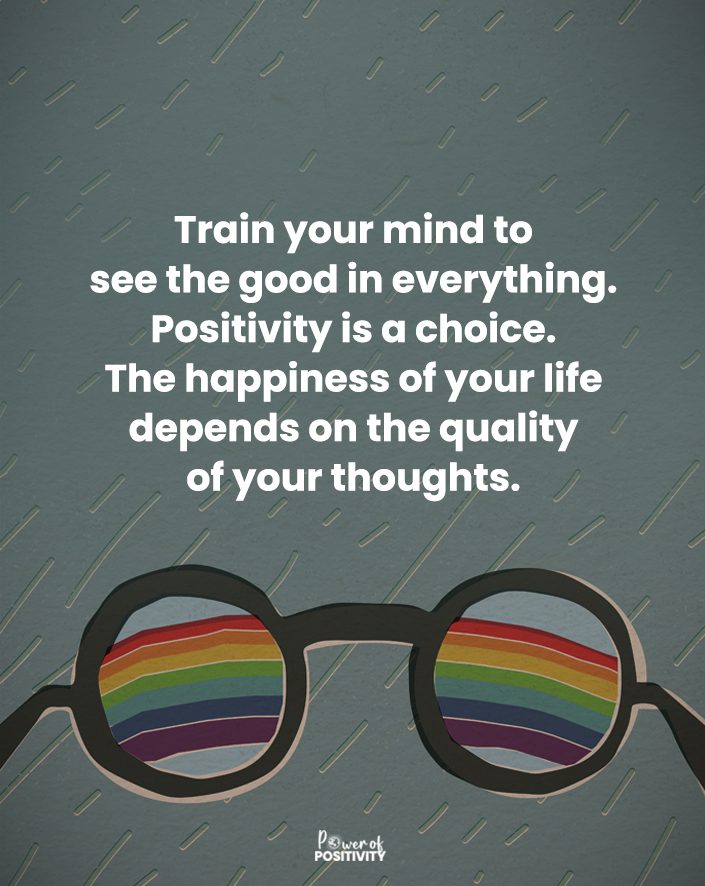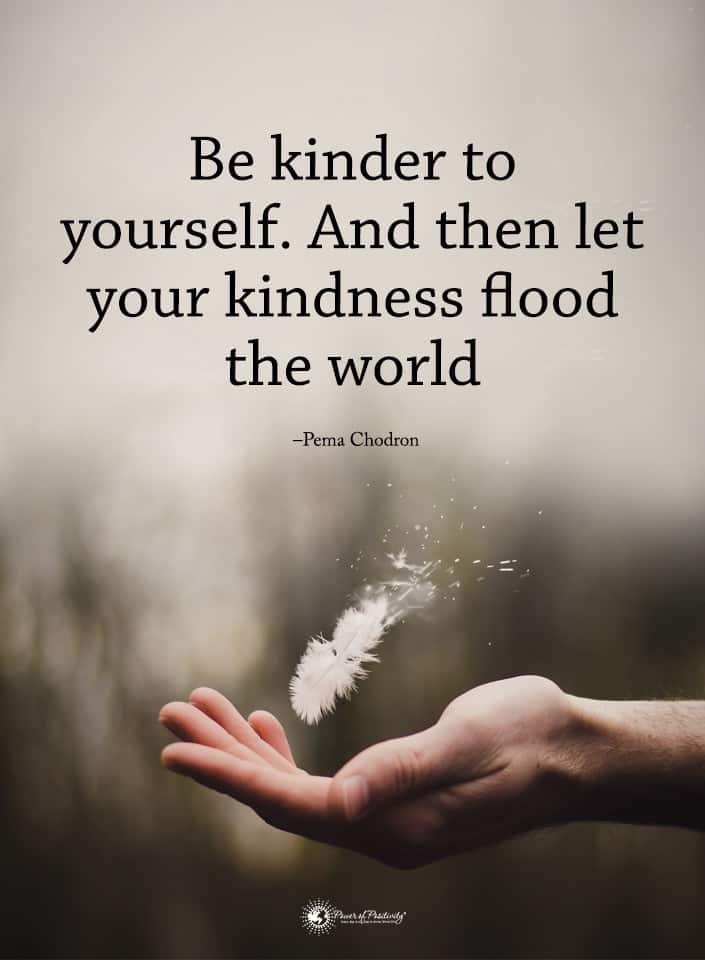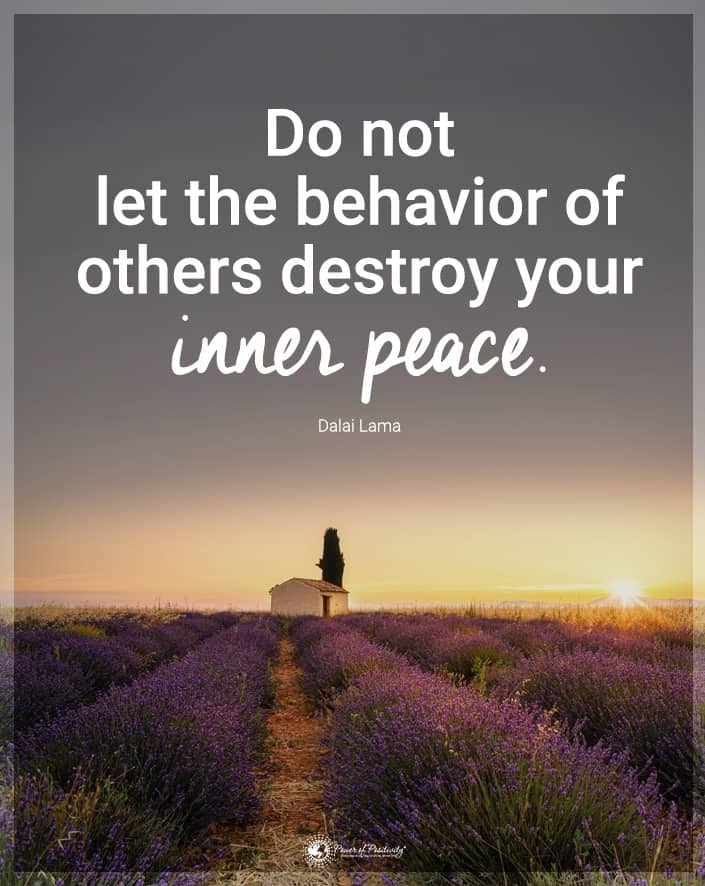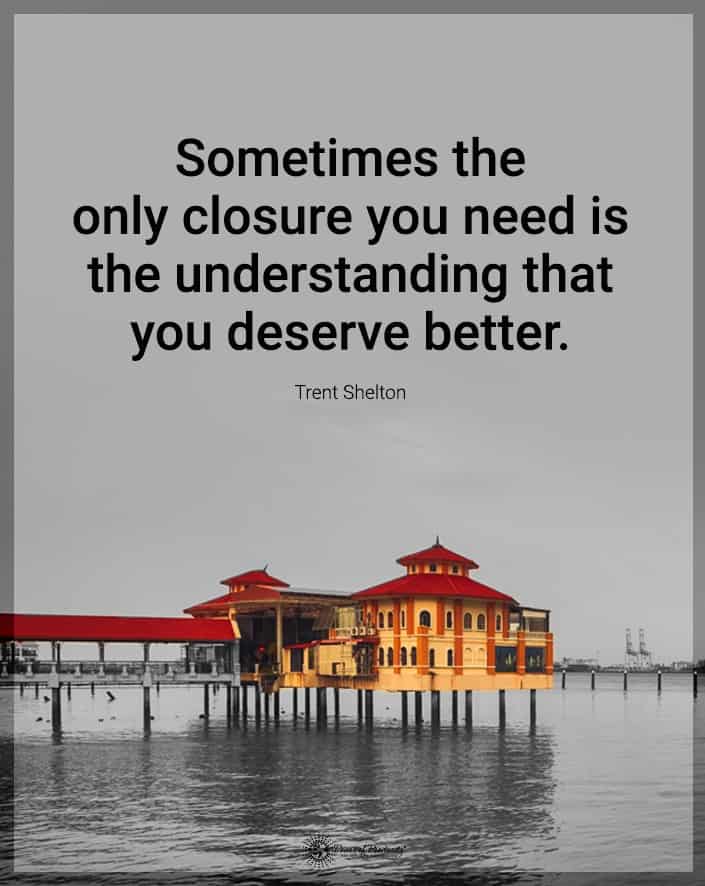Much of the advice given, primarily online, regarding increasing happiness warrants a critical eye. The reason for this, unfortunately, is the proliferation of subjective and unfounded information. In some cases, the material is just flat-out fabricated with the hopes of drawing some visitors to some website.
This is where Neuroscience steps in and says, “Enough already!” The scientific method and other rigorous means of examining information is one of the primary reasons we now have cutting-edge medicine and technology that has advanced our quality of life. After all, we didn’t double our life expectancy and eradicate a host of diseases with pseudo-science and wishful thinking.
Now, neuroscience – the scientific study of the structure and function of the nervous system and brain – has brought forth findings proving that increasing our happiness is within our cognitive control.
Truthfully, this should not come as a surprise. Numerous scientific studies have already proven the effectiveness of such practices as meditation and mindfulness – two practices that were once thought to be ineffective at best and useless at worst. My, how times have changed.
There are not many things more exciting than discovering the immense power and energy within our bodies. The human brain is the most complex structure is the known universe – one that harnesses immense potential – that we can use to create our happiness.
Neil deGrasse Tyson had the following to say about how neuroscience works:
“Everything we do, every thought we’ve ever had, is produced by the human brain. But exactly how it operates remains one of the biggest unsolved mysteries, and it seems the more we probe its secrets, the more surprises we find.”
Let’s get right to it. Here are the four rituals neuroscience says will help us be happy:
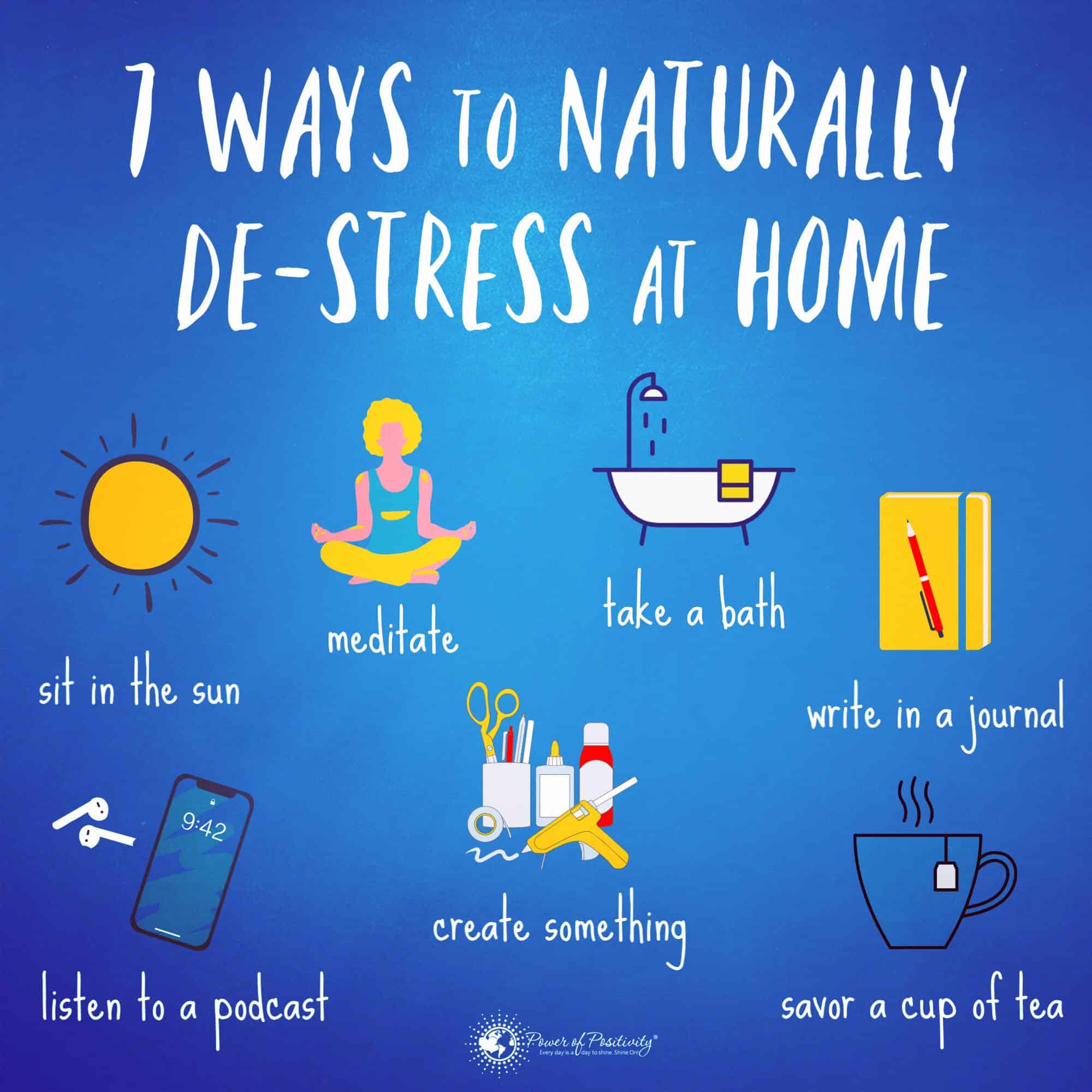
Ritual #1: Practice gratitude
As we already know, the brain is incredibly multifaceted, hence the extensive research based on neuroscience. At times, we seemingly transition from one mood to another without at all understanding why. Something quite interesting to note is that thoughts of pride, shame and guilt all activate similar circuits in the brain. More interesting – and counterintuitive – is that these undesirable thoughts activate our brain’s reward center. Reward center? What kind of “rewards” could there possibly be for these thoughts? Being prideful is somewhat (not really) understandable, but guilt and shame?
Anxiety’s function in the brain is also enigmatic. As it turns out, anxiety actually calms the limbic system and strangely dials down activity in the amygdala – the part of the brain that controls emotions. Apparently, worrying serves as a coping mechanism for our anxiety and is healthier than remaining idle in our anxious thoughts.
This is where gratitude comes in and saves the day. It turns out that practicing gratitude has a profound effect on our brain by increasing the neurotransmitters dopamine and serotonin – the brain chemicals responsible for feelings of pleasure and happiness.
So, in practicing gratitude – by using a journal, expressing it to a friend, etc. – we are effectively using neuroscience to activate the happiness circuits of our brain!
Ritual #2: Create intentions and set goals
Quick question: what does it feel like to procrastinate? Really, think of an answer before continuing. What were the thoughts that came up just now?
Second question (last one!): What does it feel like to take action? Again, please think of an answer before continuing.
This is where creating intentions and setting goals – making decisions – positively affects the brain. Dr. Alex Korb, a renowned neuroscience expert, explains:
“Making decisions includes creating intentions and setting goals – all three are part of the same neuro circuitry and engage the prefrontal cortex in a positive way, reducing worry and anxiety.”
Some more positive news: the decisions that we make don’t need to be perfect. For the sake of our brain health, it’s better to come to a thoughtful decision that doesn’t require rigorous analysis. In short, making good decisions is better than striving for the perfect one.
When we make decisions, we feel in control of our thoughts. This increases feelings of pleasure within our brain.
Ritual #3: Embrace people
It’s no secret that human beings are social creatures; some more than others, but we’re all social creatures to some extent. We gain pleasure from receiving love and acceptance from our fellow human and eventually experience melancholy when we don’t.
While the above statement may be somewhat commonsensical, the effect that social isolation and exclusion has on our brains is quite astonishing. Neuroscience has discovered that the human brain interprets social isolation and exclusion in the same way as actual physical pain.
Let’s cue up Dr. Korb:
“As demonstrated in an fMRI experiment, social exclusion activates the same circuitry as physical pain…it activated the anterior cingulate and insula, just like physical pain would.”
According to Dr. Korb, the best remedy for this pain is simple: human contact. Social gatherings and conversing with each other is healthy, but the most powerful results are achieved through human touch.
“One of the primary ways to release oxytocin (a pleasure hormone and neurotransmitter) is through touching. Obviously, it’s not always appropriate to touch most people, but small touches like handshakes and pats on the back are usually okay. For the people you’re close with, make an effort to touch more often.”
Ritual #4: Label negative thoughts
Nobody appreciates being “labeled,” but that doesn’t mean we shouldn’t label our thoughts – specifically, the negative ones.
Here’s a quick lesson on labeling: for some reason, you’re having a bad day that’s leaving you feeling awful. By default, the brain will almost always produce a thought such as “I feel awful.” Instead, try to identify this feeling. “I feel awful” is a blanket statement that can mean many things. Do you feel anxious? Worried? Depressed? Okay, then just label it as such. “I feel worried/depressed/anxious/etc.”
For those of us who don’t engage in this practice, it can feel kind of awkward at first, which is why it’s important to understand the rationale behind labeling. Dr. David Rock, neuroscience expert and author of ‘Your Brain at Work’, provides an explanation:
“To reduce arousal, you need to use just a few words to describe an emotion…this requires you to activate your prefrontal cortex, which reduces arousal in the limbic system. Here’s the bottom line: describe an emotion in just a word or two, and it helps reduce the emotion.”
The takeaway: How we think determines our happiness. Our thoughts and actions are all interrelated. Dr. Korb provides an awesome (awesome!) explanation and summation of this scientific truth:
“Everything is interconnected. Gratitude improves sleep. Sleep reduces pain. Reduced pain improves your mood. Improved mood reduces anxiety, which improves focus and planning. Focus and planning help with decision making; decision making further reduces anxiety and improves enjoyment. Enjoyment gives you more to be grateful for, which keeps that loop of the upward spiral going. Enjoyment also makes it more likely you’ll exercise and be social, which, in turn, will make you happier.”

